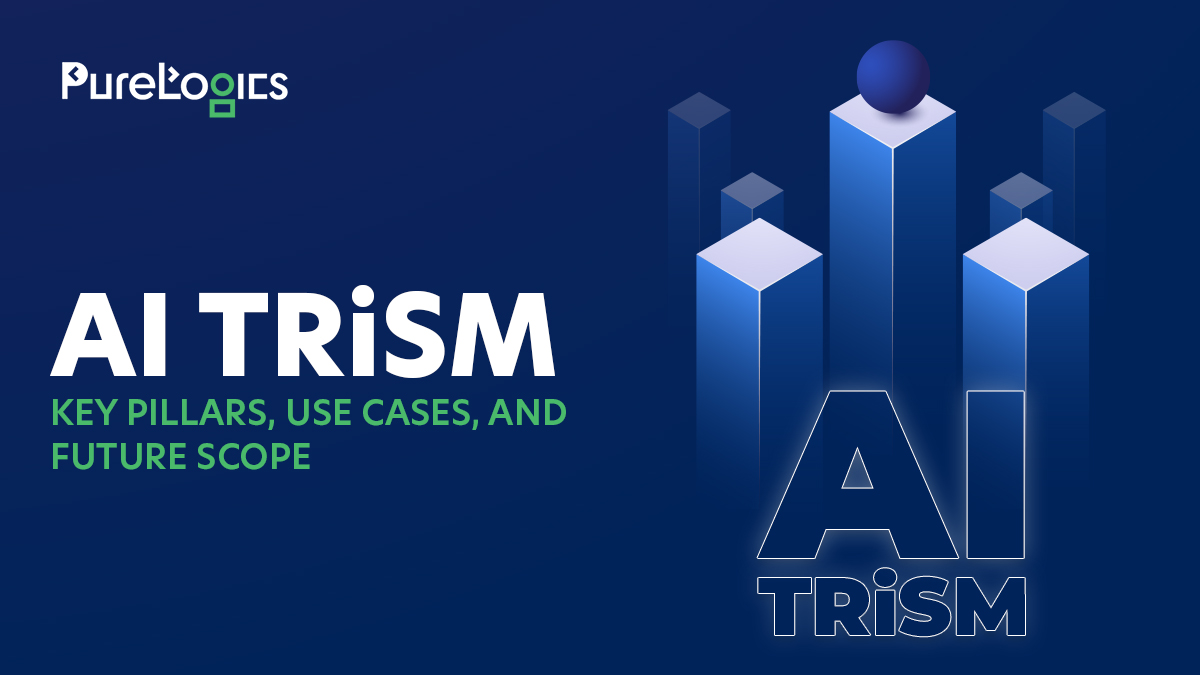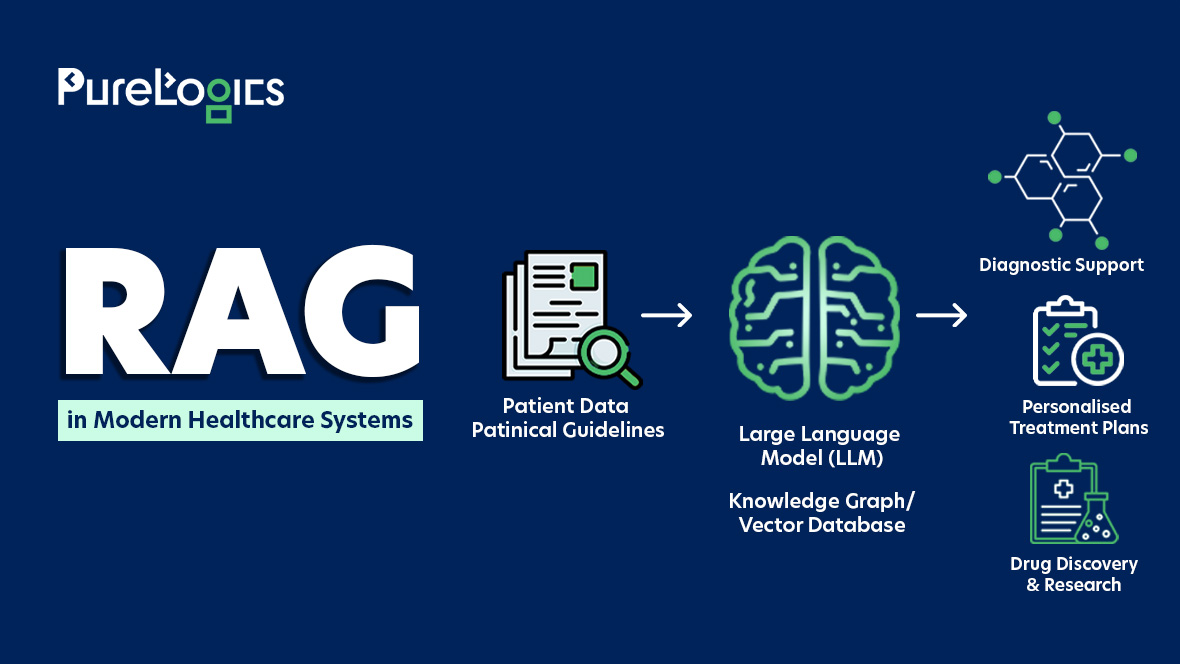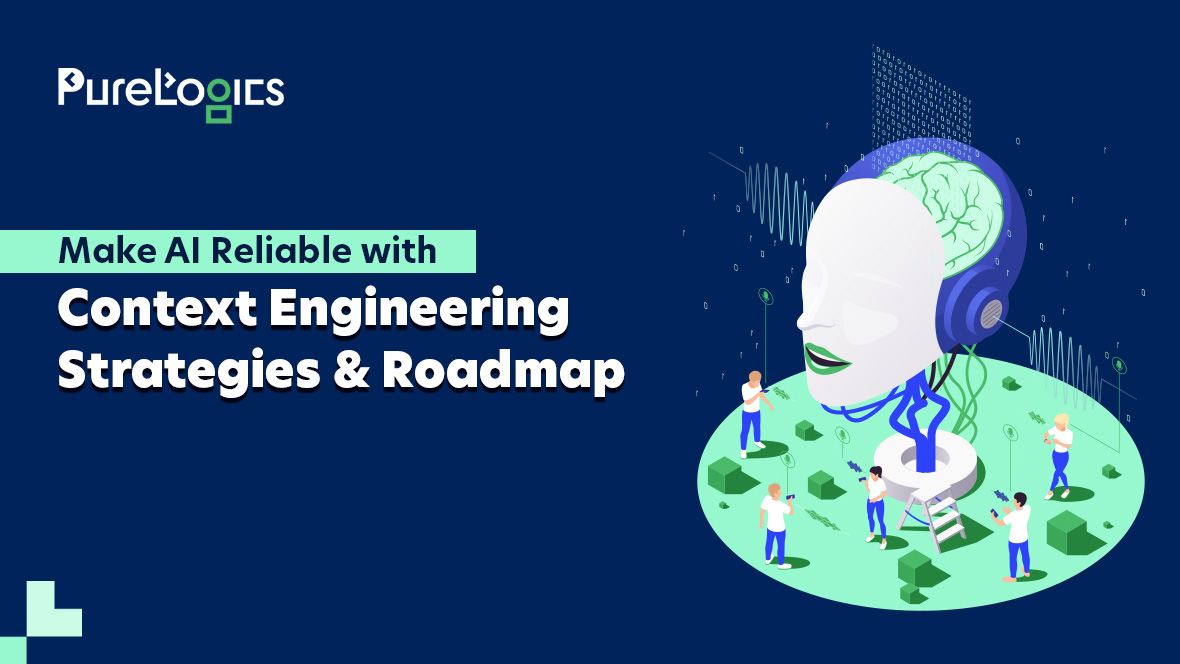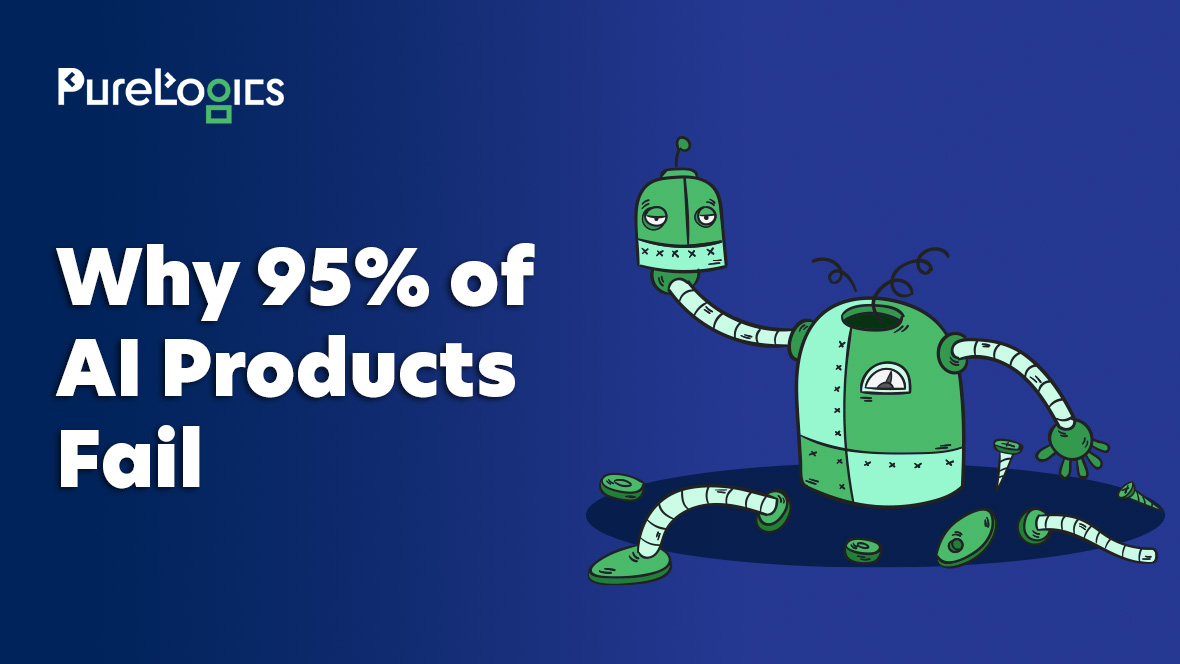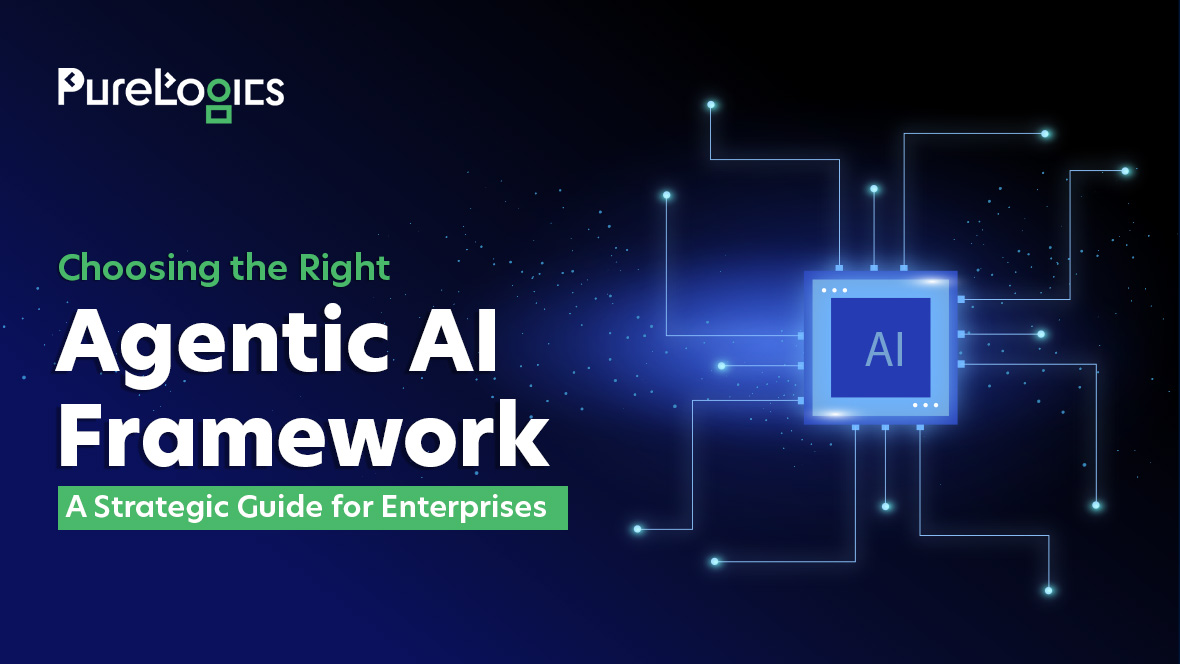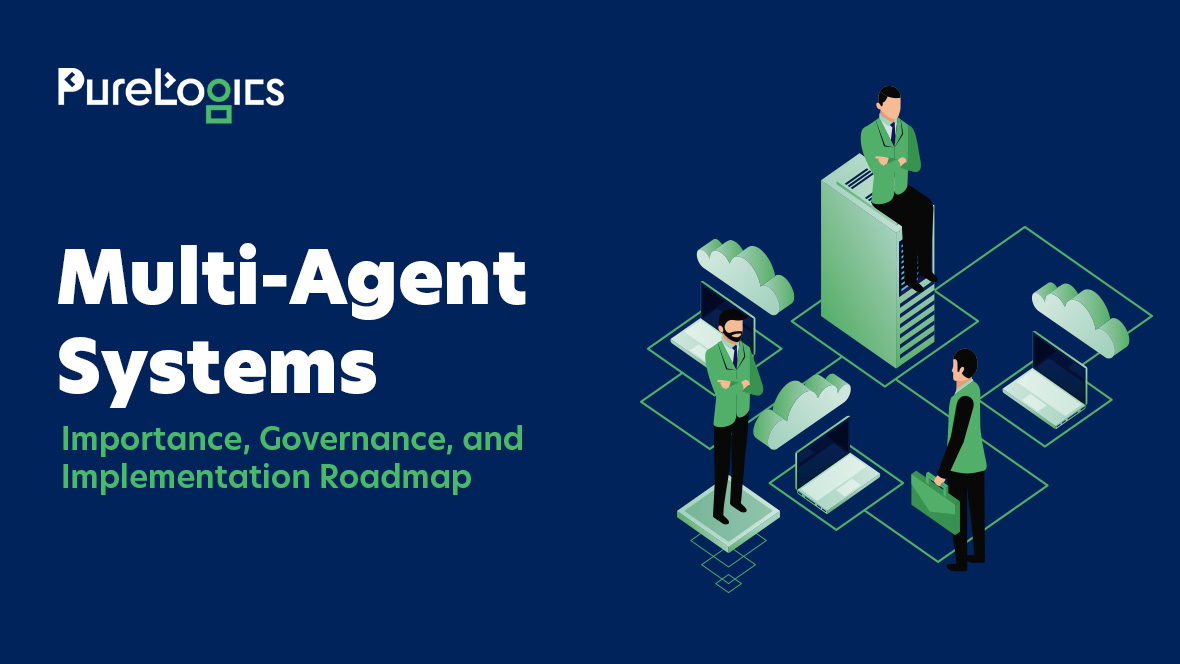Building trust in AI is essential because it forms the foundation for users’ belief in the technology’s reliability, integrity, and ethical use. However, the potential risks associated with AI, such as biases, data privacy issues, and possible harm, highlight the need for strong frameworks to manage these concerns. Artificial intelligence Trust, Risk, and Security Management has emerged as a primary framework to tackle these challenges. It provides a structured way to assess AI systems’ transparency, explainability, and accountability, helping to create a safer and more dependable AI environment.
Supporting these insights, a report by Emergen Research forecasts significant growth in the AI TRiSM market. The report highlights the following:
- This market is predicted to expand at 16.2% Compound Annual Growth Rate (CAGR). In the year 2022, AI TRiSM market was around USD 1.72 billion.
- A major factor driving market growth is the increasing number of government initiatives to implement AI technology across various industries, particularly in the Banking, Financial Services, and Insurance (BFSI) sectors.
- The solutions segment of the AI TRiSM market is predicted to grow at a CAGR of 16.0%, indicating strong progress and innovation in this area.
What is AI TRISM?
AI TRiSM is leading the way in AI governance, strongly focusing on fairness, effectiveness, and privacy. This framework is crucial for organizations adopting systematic approaches to mitigate AI-related risks and ensuring that ethical considerations are at the heart of AI deployments. In the following sections, this article will delve deeper into the AI TRiSM framework, exploring its necessity, core pillars, implementation strategies, and crucial role in advancing trustworthy AI solutions.
Importance of AI TRiSM
The rapid rise of artificial intelligence (AI) has sparked a transformation across various industries, offering unprecedented levels of efficiency, automation, and improved decision-making capabilities. However, alongside these technological advancements come challenges and risks that organizations must address.
As AI tools become more widespread, many users and organizations adopt them without fully grasping how they work. There is often a gap in understanding the inner workings of AI models, the data they rely on, and the biases they may carry. This lack of transparency can lead to misunderstandings and unintended outcomes. Additionally, using third-party AI tools adds layers of complexity, including serious concerns about data privacy, inaccuracies, and the potential for malicious activities, such as generative AI attacks that can distort or fabricate information.
AI models can become unreliable, untrustworthy, or even insecure without strong risk management practices, continuous monitoring, and strict controls. This is where the AI Trust, Risk, and Security Management (AI TRiSM) framework becomes essential. By integrating AI TRiSM, enterprises can better the effectiveness of their artificial intelligence deployments while ensuring these technologies are utilized safely and ethically.
In summary, while AI offers remarkable benefits, managing its associated risks through frameworks like AI TRiSM is crucial. Implementing comprehensive risk and security management strategies will be key to responsibly unlocking its full potential as AI evolves.
The Key Pillars of AI TRiSM
AI TRiSM (AI Trust, Risk, and Security Management) is built on five foundational pillars essential to its framework. These pillars address the complexities and challenges involved in managing AI systems, ensuring that they function effectively and operate within ethical and secure guidelines.
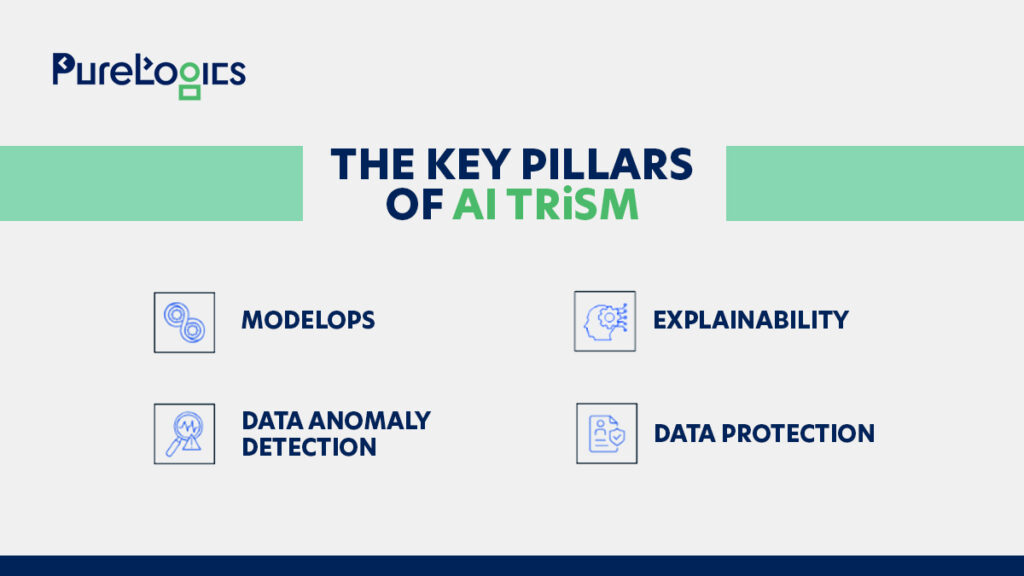
ModelOps
ModelOps refers to AI models’ governance and lifecycle management, covering every stage from development to deployment and ongoing maintenance. This process ensures that AI systems are continuously updated and perform their best throughout their operational life. ModelOps enables efficient scaling, maintains consistent performance, and allows the system to adapt to new challenges.
Explainability
Explainability is about making AI systems transparent in their operations. This pillar focuses on clarifying the internal workings of machine learning models, making them understandable to users. By improving the visibility of how decisions are made, organizations can monitor AI performance, identify areas for improvement, and ensure that AI operates within its intended parameters, ultimately boosting productivity.
Data Anomaly Detection
This pillar centers on detecting and correcting data inconsistencies that could skew AI outcomes. Effective data anomaly detection is vital for maintaining the accuracy and integrity of AI decision-making processes, ensuring that the results produced by AI systems are both reliable and fair.
Data Protection
Data is the cornerstone of AI functionality. Protecting this data is crucial for maintaining operational integrity, ensuring user privacy, and complying with regulations such as GDPR. Data protection ensures that data utilized by AI systems is securely maintained and protected against illegal access and breaches.
Integrating the Framework
When these pillars are implemented, AI TRiSM creates a robust framework that enhances AI applications’ security, reliability, and effectiveness. This comprehensive approach ensures that:
- AI systems are transparent, making their decision-making processes understandable to users, which builds trust.
- The lifecycle of AI models is efficiently managed from creation to retirement, ensuring they remain relevant and effective.
- Data integrity is highly ensured as it is important for the fairness and accuracy of artificial intelligence outputs.
- AI systems are protected against potential security threats, maintaining their integrity and trustworthiness.
- Data protection & privacy measures are enforced privacy, matching with global compliance standards.
Each pillar of AI TRiSM addresses specific risks associated with AI deployments, enabling organizations to harness the benefits of AI technologies while mitigating potential drawbacks. This structured approach to AI governance enhances performance and fosters a regulatory-compliant and ethically sound operational environment.
Struggling with AI Risks and Uncertainty?
Discover how AI TRiSM can safeguard your AI systems and ensure ethical compliance.
Use Cases of AI TRiSM
AI TRiSM frameworks are vital for organizations deploying enterprise AI to manage and mitigate risks effectively. Following are few primary areas this framework is the most valuable:
Healthcare
Diagnostic accuracy: Continuous monitoring and testing under AI TRiSM ensure that AI diagnostic tools remain accurate and reliable, minimizing the risk of misdiagnoses due to model drift or bias.
Patient data management: These frameworks protect sensitive patient data, ensuring compliance with HIPAA regulations and boosting patient trust.
Financial Services
Regulatory compliance: Continuous monitoring and testing under AI TRiSM ensure that AI diagnostic tools remain accurate and reliable, minimizing the risk of misdiagnoses due to model drift or bias.
Fraud detection: Ongoing monitoring and testing under AI TRiSM ensures that AI diagnostic tools remain accurate and reliable, minimizing the risk of misdiagnoses due to model drift or bias.
Education
Adaptive learning systems: AI TRiSM ensures that AI-driven adaptive learning platforms function transparently and fairly, improving educational outcomes without bias.
Data privacy: AI TRiSM protects student data, aligning educational tools with privacy laws and ethical standards.
Retail & eCommerce
Supply chain optimization: Monitoring AI applications in supply chain logistics through AI TRiSM helps identify risks and biases, ensuring efficient and fair operations.
Customer personalization: Artificial intelligence TRiSM lets you understand the ethical utilization of AI in customizing customer experiences, guaranteeing that customer profiling and data handling align with privacy standards.
Autonomous vehicles
Safety and reliability: AI TRiSM frameworks manage risks in the development and deployment of autonomous driving technology, with a focus on safety, compliance, and ethical considerations.
Data security: Autonomous vehicle systems rely on vast amounts of data, including real-time location data, sensor outputs for navigation, and personal passenger information. AI TRiSM ensures that this data is securely managed to safeguard operational integrity and passenger safety.
The Future of AI TRiSM
As AI continues to integrate into various facets of business and society, the evolution of AI Trust, Risk, and Security Management (AI TRiSM) is poised to drive significant advancements in how organizations deploy and manage AI technologies. Here’s a glimpse into the key developments anticipated in the AI TRiSM marketplace:
Personalized Experiences
AI TRiSM will enhance the ability to provide highly personalized experiences and solutions tailored to individual needs and preferences. This will become increasingly evident in areas like healthcare, with personalized treatment plans; in retail, with customized shopping experiences; and in financial services, with tailored investment advice.
Advanced Automation
By promoting responsible AI development and deployment, AI TRiSM ensures that organizations can fully leverage AI’s automation potential across various industries—from healthcare to finance to public sector administration—while mitigating ethical and practical risks. This automation will also enable real-time decision-making and responses, significantly boosting operational agility.
Responsible & Ethical AI
The highlight on building responsible & ethical AI systems will grow stronger. This contains guaranteeing that artificial intelligence systems are accountable, transparent, and are bias free. Ethical guidelines and governance frameworks will play a major part in guiding companies toward responsible use of AI, and also guaranteeing that AI has more interests in society.
Collaborative Ecosystems
These efforts in academic institutions, industry groups, regulatory bodies, and tech companies will bring future betterment in AI TRiSM. Collaborative ecosystems focus on sharing resources and knowledge, standardizing TRiSM practices, and building a unified methodology to handle AI risks.
Market Predictions
Latest trends forecast notable advancements in AI user acceptance and model adoption as companies are prioritizing security and transparency in AI deployments. However, the landscape will also encounter regulatory challenges, requiring businesses to stay agile and responsive to new laws and AI use standards.
Operational Challenges
The unique demands of AI systems necessitate new approaches beyond traditional risk management frameworks. Organizations increasingly turn to specialized vendors to address these needs, highlighting a growing trend toward specialized AI risk management solutions.
PureLogics’ Approach to AI Trust, Risk, and Security Management
At PureLogics, we know the complicated dynamics brought by AI technologies and we’ve emphasized on powerful trust, risk, and security management within our AI initiatives. Our methodologies ensure that your business’s AI deployments are reliable, secure and completely aligned with all ethical standards.
By partnering with PureLogics, you gain access to a team dedicated to upholding the highest trust, security, and risk management standards in AI. Our comprehensive AI TRiSM services guarantee that your AI initiatives deliver the intended benefits while protecting against evolving threats and ensuring compliance with regulatory requirements.
Concluding Thoughts
In conclusion, tackling the difficulties of AI integration need foresight, powerful commitment to ethical practices, and diligence. Implementing AI TRiSM empowers organizations to harness the transformative power of AI while effectively managing associated risks and maintaining compliance with ethical standards.
This proactive approach enhances operational efficiencies and builds trust among stakeholders, ensuring that AI advancements contribute positively to our technological landscape. Looking ahead, the strategic implementation of AI TRiSM will continue to play a crucial role in shaping the responsible deployment and evolution of AI technologies across industries.
Are you ready to ensure your company’s AI initiatives are ethical, effectively managed, and secure? Understand how PureLogics’ AI consulting solutions can boost your business to implement TRiSM strategies. Our team of experts is here to help you confidently navigate the complexities of AI integration.


 [tta_listen_btn]
[tta_listen_btn]
 September 16 2024
September 16 2024

